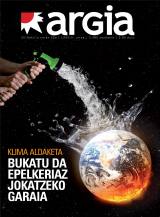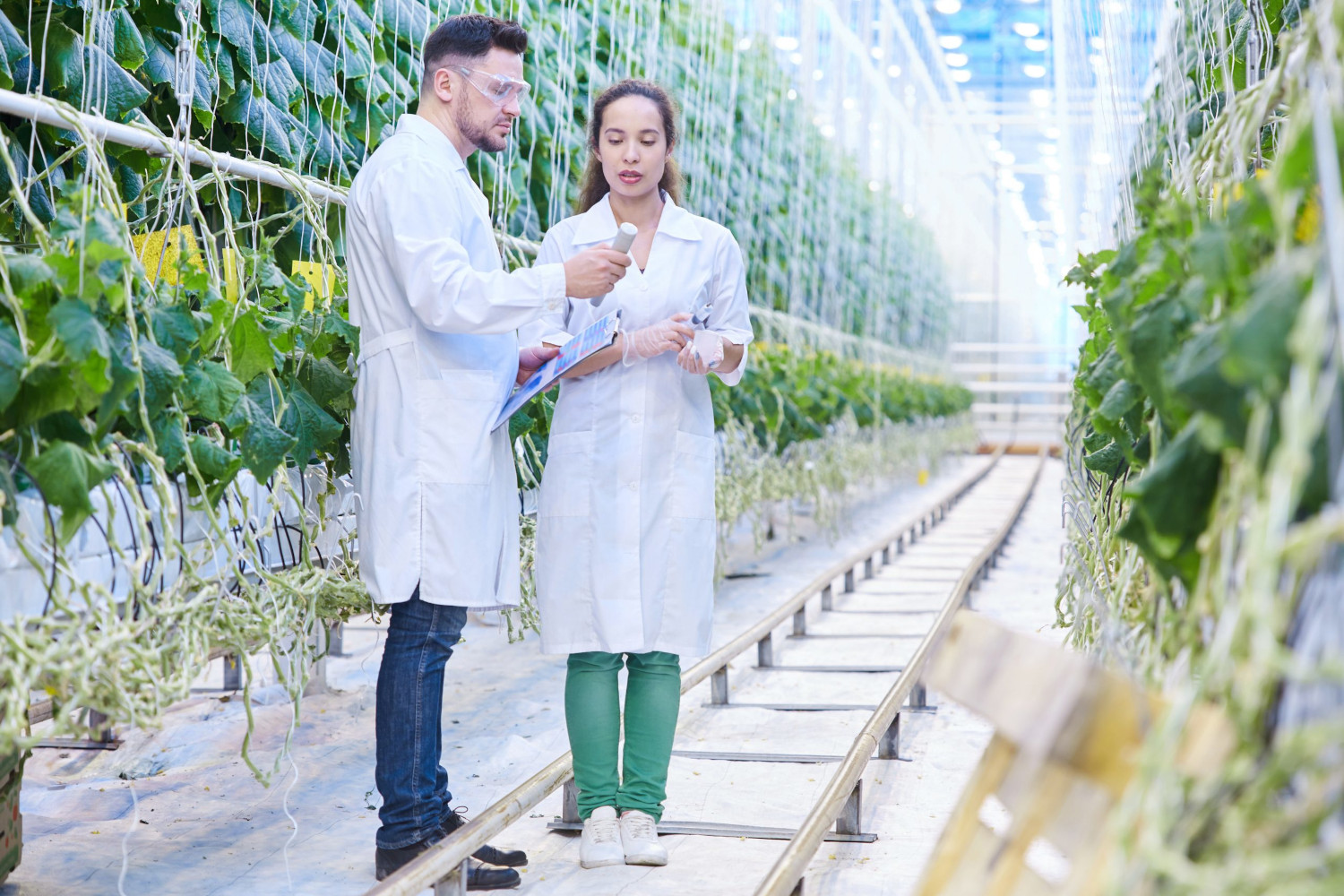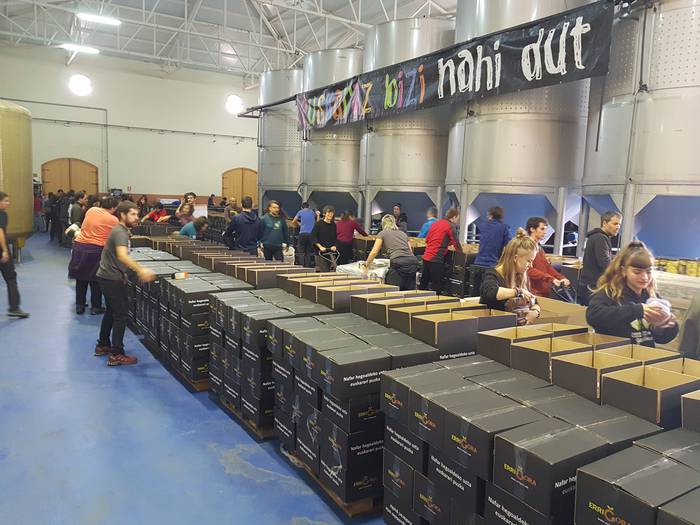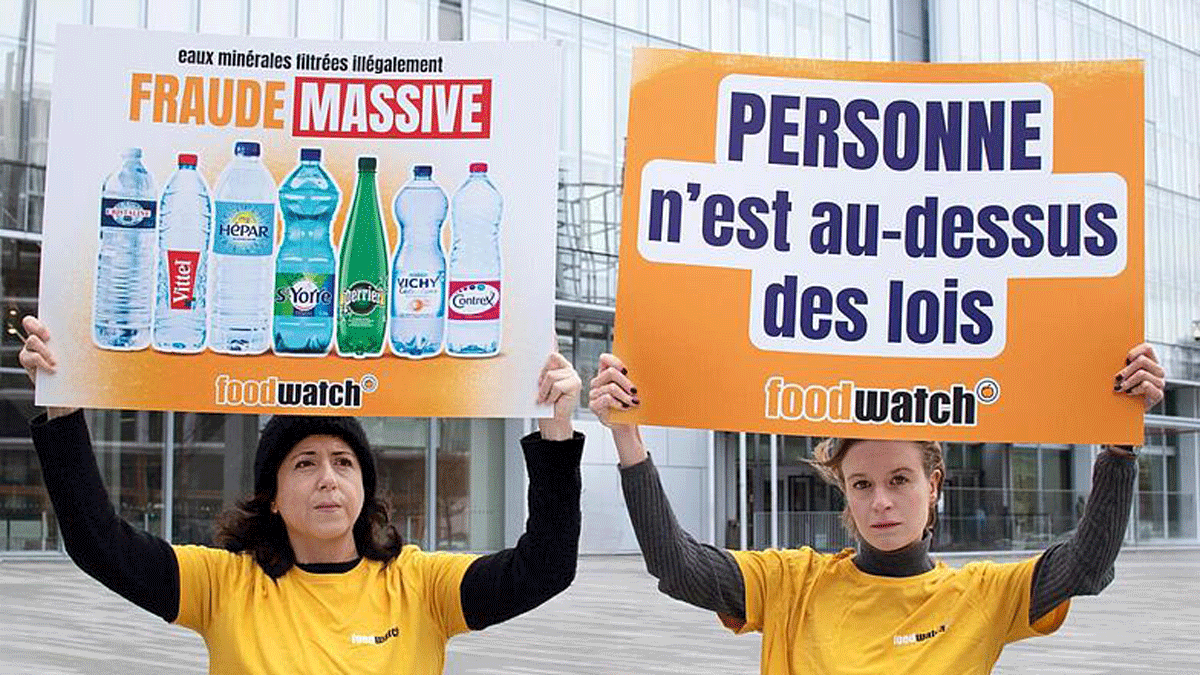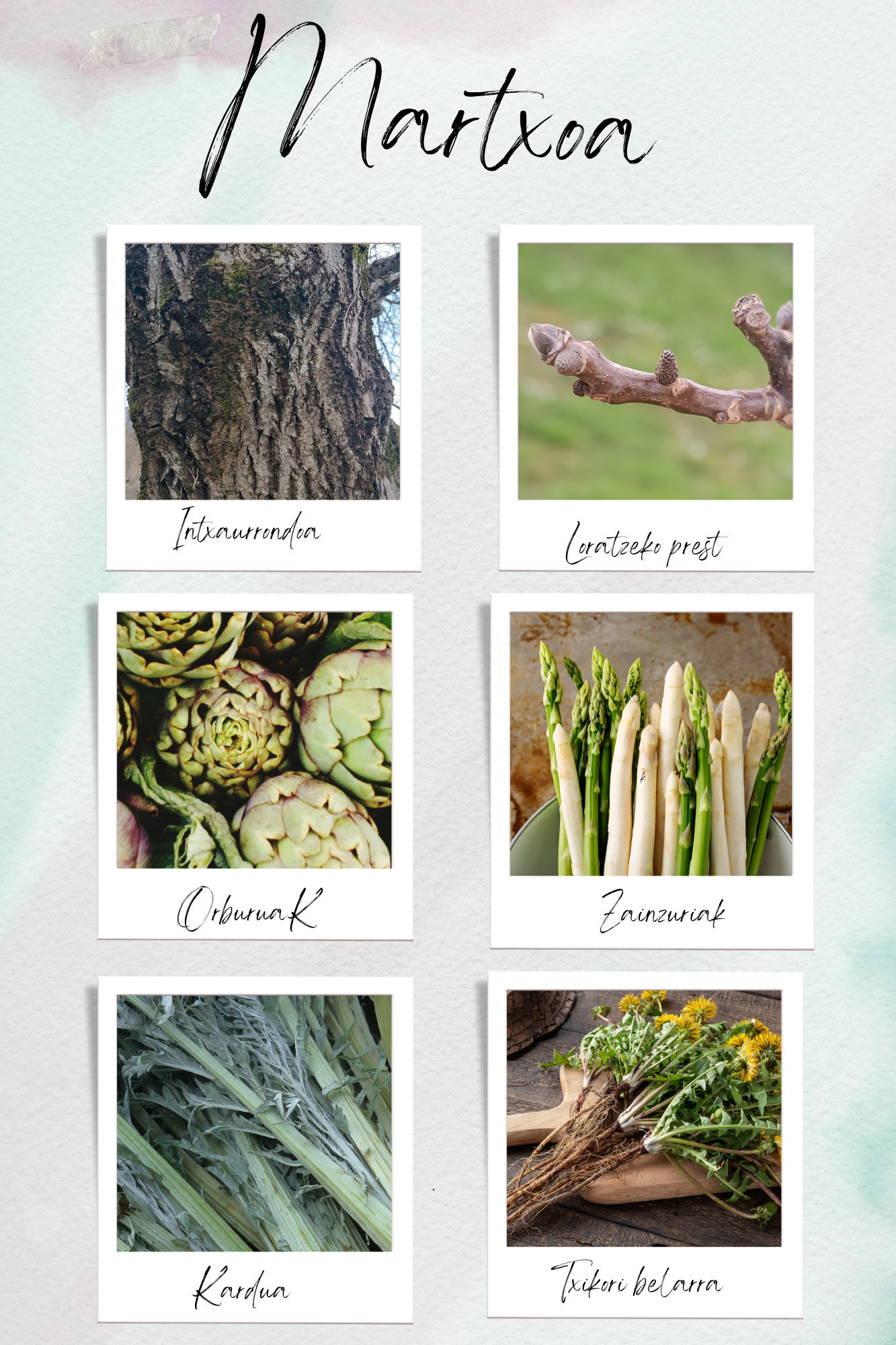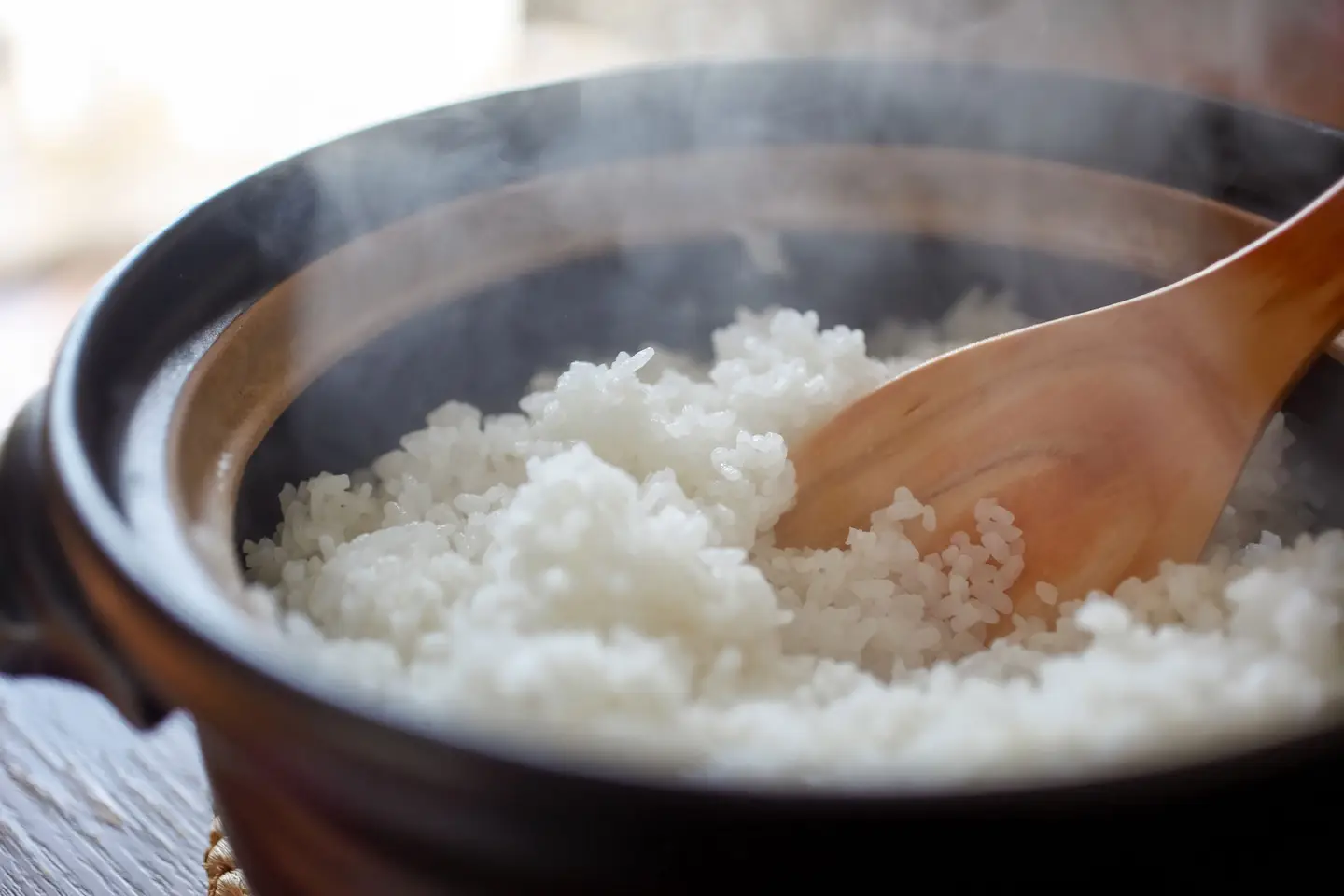"People have been surprised to have coffee or tea better than in Salvatierra!"
- When we buy wine, the regulator has produced the mead so that we do not have to do anything other than open the bottle. As for tea, we are the regulator: three grams of tea, 150 cl for water. In addition, we have variables such as water temperature and infusion time. This is the first lesson of Juanjo Barquilla. Not the last!
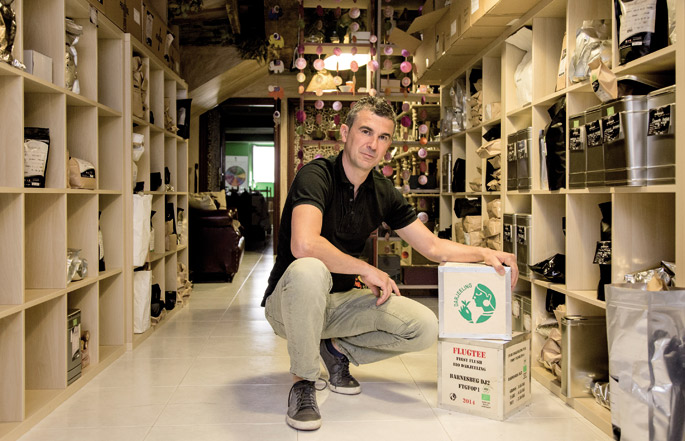
You started by telling me that the tea world is fraught with deception, that the tea circulating there is no quality.
Good tea needs color, taste, aroma, body, intensity, depth… and that's just good teas. Teas that circulate don't have all these balanced characteristics. None of that! In the same quality, you have three points: good, very good and excellent. There's no bad tea, bad taste tea. You will notice your quality half an hour or forty minutes after taking tea, when the effects of tea arrive, when your antioxidants start working in the body, quiet, smiling, relaxed, but with everything, wanting to do this and that. This means that you have correctly assimilated the properties of tea. But that only adds quality teas.
What a strange thing!
Not so strange! Look, when the mother gives her breast, if the mother is well nourished, she will pass antibodies to her chest. As for tea, the same thing: if we have a mother plant, if it is well located, on land free of diseases, well irrigated, pruned, washed, protected from insects… this plant will be perfectly well. Its climbing plants will be full of properties: color, taste, aroma...
Where is that tea full of properties? In Salvatierra?
To start with, tea needs a certain ph, a certain acidity, rainfall, a certain number of hours of light, humidity… Heat, humidity and good earth are the basis of a perfect organo-ectic state of the tea plant. Without them, we could have a good tea, but not a good tea. In Salvatierra, you say… In Salvatierra we could not have tea in the same way: we have no height – although we are in a very decent latitude – very cold, few hours of light, excessive water… Anyway, there are also ups and downs: The members of the Josenea de Lumbier association, for example, have managed to get tea, a good tea, but they have not. However, they will hardly be able to get excellent tea. In Europe, for example, natural tea growth could only be done in the Azores. In addition, it is mandatory to address the tropics: Asia, India…
Not excellent tea, known sommelier tea, in Salvatierra.
I like to be a professional. Whatever I do, I have always tried to do things right. I entered the world of coffee, cocktails, gastronomy, whiskey… and tea. In all of them, I have tried to do my job well. I have been in hospitality for 28 years, and what I have learned today serves me to give training courses both to people who want to open the tea shop and to those who want to open the coffee & tea shops. I've also been called from the tea industries to go to the training courses, and I've also been called coffee makers. Therefore, it is not for me to simply give master tea classes, but also teach to make tea or cold tea cocktails. Tea has a very diverse world.
Coming to Salvatierra, I would expect the potato story, to talk about the past and the present of agriculture, not about tea.
Many have asked me: “What are you doing in Salvatierra?” Of course, they have in mind Madrid, Barcelona, London… but I am looking for happiness, not fame, not money, and here I am happy. I look for happiness on the tea path. Of course I like tea. In our bar, Jai Alai, as far as the evaluation of good tea is concerned, we tasted a tea and said: “The tea has come!” When you take a good tea, there comes a time when you're happy, smiling, and that's only what good teas have.
How did it come into the tea world?
Travel. I've always been very adventurous. My first contact with tea was in Morocco. Morocco drinks a lot of tea, although professionally or ethically they do bad tea, as they boil water three times – and that is not good for the tea – they also give it a lot of sugar – and that is not healthy – they receive tea from Vietnam – in Africa there is no pesticide control and, therefore, everything that has access. That's why you usually buy cheap tea in Morocco, cheap, but very polluted. They go to Morocco, they come into nobody's house, and the first thing they do, they offer you tea. In the taverns there is also refreshing tea. In summer you will have brown tea, that is, green tea, with mint, cool your body, open your mouth... In winter you will have green tea with the sive, with the absent, which will temper you. The ritual of Morocco is: when you are in family, man prepares tea; if it is not at home, ladies; and if not, the eldest son. It's so built.
Morocco was the tea window. Where did it go next?
After Morocco, I have travelled dozens of countries at tea time: Belarus, Amsterdam, Germany, Portugal, Brazil, Mexico, Bahamas, Thailand… Wherever, in one or other pension, I asked for tea, because I always liked the world of tea. In addition, I would go to the shops and buy tea. But then I didn't know about tea and I bought it in small pockets. Until I realized it. I once wanted to know more and I put myself on the internet.
All the information.
No! The same information appeared on all portals. Copied or repeated, they always said one and the same. Or what they said was false. I felt blocked and decided to go to the United States, to California, to the first master's school in Spanish to take the summelier tea degree. I was there for a week at the International Tea Master and eight months of intensive learning in Spain. My rating was 9.6, with 10 being the highest score.
Bravo and more bravo! Why did you choose tea?
I come from the hospitality, I go to the hospitality, as I would say that. Since I was 17 years old, I have done nothing else, and wherever I go, I have always tried to learn from my field. When I was 19, I asked myself: “What do you want to be in your life? Server, by chance? If you’re going to be a waiter, you’ll be the best!” And every time I took a trip and walked into a cafe, I tried to see the good and the bad, because even the bad is learned through snow, as much as the good. The mistakes and mistakes that are made in the hospitality industry, for example – and actually many mistakes and mistakes are made in the hospitality industry – are taught to not transmit errors to my client.
The habit of drinking coffee is much more widespread. You preferred tea.
I should also like to make one comment. I am the barista champion of the Basque Country, the third in Spain. Don’t worry, barista simply means “expert in the world of coffee.” I also specialize in the world of coffee, that is, I am an expert in making coffee, I know the origin of the coffee I am making, detecting its variety and its roasting point… Yes, yes, yes, the world of coffee is not foreign to me. I usually go to the competition and defend my coffee. On the other hand, I have also participated in the coffee tasting competitions. The last, this same year in Madrid, in the Spanish championship, and I was sixth. I was the champion of Álava, third in the Basque Navarro championship, fourth in the Spanish championship once again… I’ve never been the first, I’ve always liked to learn from the first. When you're behind, you can see the first one. If the first is oneself, another will see you.
They consider you, above all, a sommelier tea.
But I wouldn't like that title. I don't want anyone to see me alone in this or that, because that requires a lot of work, a lot of effort and a lot of dedication. I have a bar in Salvatierra, but that's it: bar. I could say that it is a delicatessen bar, a gastrobar, coffee-shop, the cocktail bar… but the customer would see it and demand it: he would like a good coffee, a good tea or whatever. I, for my part, will give you the name of the tavern, a good product, so that it surprises the customer. There are tourists who come to Salvatierra, who come to our destination and see nothing but the “bar”, not the coffee-shop, not you, not the gastrobar… Enter and see that option of huge tea, or the tea we offer… “Uau! What is this!” she screams. In a small town like Salvatierra, have a better coffee or tea than in Madrid or Barcelona or anywhere else surprises you very much. Then oral communication begins until the message reaches four corners: “In Salvatierra there’s a bar where they serve the best tea I’ve ever had.” That is how I have made the way.
We are forced to return to Salvatierra! So far we have bought tea in the supermarket.
If you want to be healthy, the first thing you have to do is throw that tea in the trash can. Introduce a good tea. Isn't anyone going to the store to buy tomatoes last year? But there are tomatoes of this kind: they're frozen, and because it's a season of tomatoes, they take them out and put them on sale. Of course, that tomato is not ripe and has no taste. Three months ago aguaembrujada.com I opened the web and I have low quality, medium quality and excellent quality teas so that people can choose according to their money and their tea culture. There is a Chinese saying: “Before you meet the good ones, you have to meet the bad ones.”
That is not wrong.
You don't have to have 20 kinds of tea at home. It will suffice to have three or four. Depending on the mood, you will turn to one or another tea. When you're quiet, you won't turn to caffeine at the high dose of tea -- you're sure to resort to white tea. However, when you want the action, the movement, go to the mountain, the adventure… is perfect because it will bring you a lot of green tea, minerals and antioxidants, and relax with caffeine.
Juanjo Barquilla. (Gasteiz, 1970), aguraindarra, te sommelier ezagutua. Bizialdia darama ostalaritzan (koktel, kafe, te…), eta bere lanean onena izaten saiatu izan da beti. Jakin-min handikoa, bidaiaria, abenturazalea… Pasio handiz bizi du lanbidea. Kaliforniako San Diegoko International Tea Master eskolan ikasketak egin eta Aguraingo kale nagusiko Jai Alai tabernan da harrezkero, kafe eta te bikainak eskainiz bezeroari. Hantxe du tearen bidezko zorionaren oinarrizko kanpamendua, askotariko konpromisoek (dastatze- eta prestakuntza-ikastaroak, mintegi eta tailerrak, txapelketak eta gainerakoak) denbora galarazten ez diotenean, bederen.
“Gakoa da te gramoak, ur gramoak, tenperatura eta denbora, lau parametrook batera bildu eta infusio orekatua egitea. Behar baino denbora gehiago uzten badugu, gustu mingotsa izango du; hori berez ez da txarra, antioxidanteak eta kafeina baitira mingostasun horren eragile. Tenperaturak muga jakin bat gainditzen badu, gatz mineralak azalduko zaizkigu, eta tea gazi izango duzu; ez du zertan te txarra izan, baina desorekatua da. Horregatik, behin eta berriz egin behar ditugu frogak: mingots dagoela? ‘Hurrengoan jaitsi egin behar dut tenperatura!’, edo ‘Denbora gutxiago utzi behar dut infusioa egiten!’“.
“Tea dastatu egin behar da, baina azukrerik gabe, teak azukrea baitu, berez. Azukreak, eztiak edo zeinahi gozagarrik tearen kalitate eskasa ezkutatu besterik ez du egiten. Inor ez da jatetxera sartu, eskatu, eta platerekoa dastatu gabe gatza botatzen hasten. Lehenengo dastatzea da, eta ondoren gozatzea, hala badagokio. Tearen edo kafearen kasuan, alderantziz egiten dugu: lehenengo azukrea botatzen diogu, ondoren esnea, eta azkenik edan! Gutxik hartzen du tea eta esaten: ‘Ez du azukrerik behar, dagoen-dagoenean hartuko dut’”.
“Zenbait te hain dira xamur, ezen nahikoa baita hari gatz pixka bat botatzea, hur xehea, zerbak, oliba-olio tanta batzuk, limoi zukua eta Idiazabal gazta, sekulako pintxo goxoa egiteko. Jarri hori zure bezeroari tearekin batera, eta irabazia duzu bezero hori betiko!”.
Florentzia, 1886. Carlo Collodi Le avventure de Pinocchio eleberri ezagunaren egileak zera idatzi zuen pizzari buruz: “Labean txigortutako ogi orea, gainean eskura dagoen edozer gauzaz egindako saltsa duena”. Pizza hark “zikinkeria konplexu tankera” zuela... [+]
Udaberrian orain dela egun gutxi sartu gara eta intxaurrondoa dut maisu. Lasai sentitzen dut, konfiantzaz, bere prozesuan, ziklo berria hasten. Plan eta ohitura berriak hartu ditut apirilean, sasoitu naiz, bizitzan proiektu berriei heltzeko konfiantzaz, indarrez, sormen eta... [+]
“Hondakinik ez platerean!”. Hori zen kontsigna gure txikitako otorduetan. Janariak zeozer sakratu bazukeen, batez ere ogiak; lurrera erori eta, jasotakoan, musua eman behar zitzaion. Harik eta adin zozoan mamia baztertzeko moda etorri zen arte, lodiarazten zuelakoan... [+]
Bizkaigane elkarteak elikadura burujabetzan oinarritutako proiektua du Errigoitin (Bizkaia), 1983tik. Instalazioak dauden lur eremutik aterarazi nahi du lur jabeak elkartea. EHNE Bizkaia sindikatuak adierazi duenez, instalazioek lege eta administrazio eskakizun guztiak betetzen... [+]
Martxoaren 10etik 26ra izango da udaberriko kanpaina. 'Beste modura, denona de onura' lelopean arituko dira gertuko ekoizpena, banaketa eta kontsumoa babestu eta sustatzeko, ager zonaldean euskara hauspotzen duten bitartean. Apirila amaieratik aurrera jasoko dira... [+]
Euskal Herriko bi muturretatik datoz Itziar (Bilbo, 1982) eta Ekaitz (Erriberri, 2002), sortzen ari den Burujabetzaren Aldeko Mugimenduaren berri ematera. Euskal Herrian diren burujabetza prozesu ugariak arloz arlo bultzatu eta indartu nahi ditu BAMek. Lan horretan hasteko,... [+]
Ur kontaminatua ur mineral eta ur natural gisa saltzen aritu dira urte luzeetan Nestlé eta Sources Alma multinazional frantsesak. Legez kanpoko filtrazioak, iturburuko ura txorrotakoarekin nahasi izana... kontsumitzaileen osagarria bigarren mailan jarri eta bere interes... [+]
Emakume bakoitzaren errelatotik abiatuta, lurrari eta elikadurari buruzko jakituria kolektibizatu eta sukaldeko iruditegia irauli nahi ditu Ziminttere proiektuak, mahai baten bueltan, sukaldean bertan eta elikagaiak eskutan darabiltzaten bitartean.
Zuhaitza esnatzear dago, kimuak ageri dira adarretan. Gutxi falta da loraldirako, laster aro berria hasiko du, indarberrituta.









